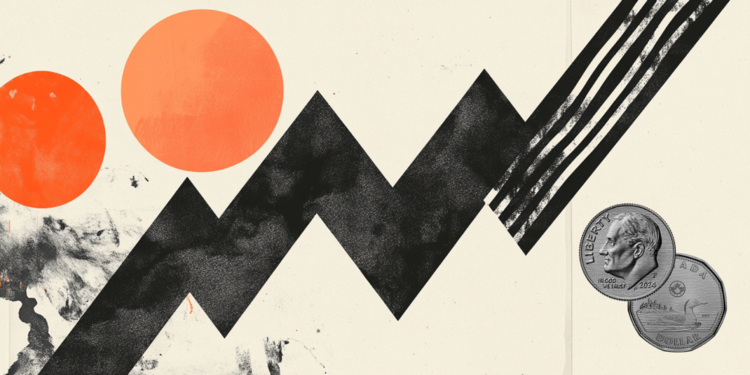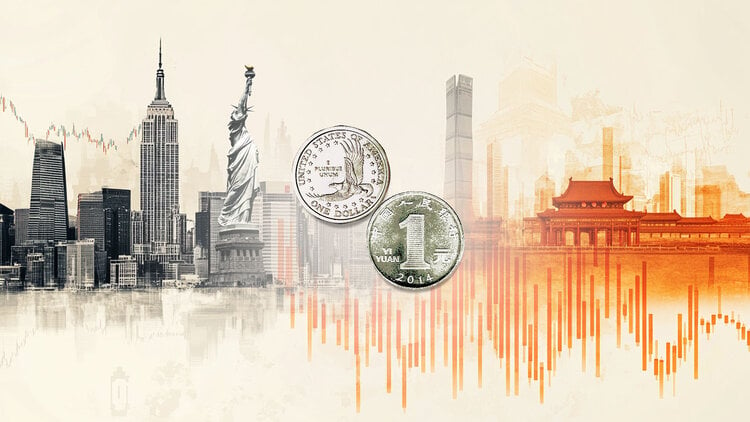The Amazonas state government filed a lawsuit last Wednesday (31) to prevent the four main transport companies operating in the port of Manaus from excessively applying the so-called “drought tax”.
Representation takes place through the State Attorney General’s Office (PGE-AM) with the General Superintendence of the Administrative Council for Economic Defense.
Through the Communications Secretariat, the government points out that, with the “drought tax” and the updating of the values charged by transport companies, the cost of freight to Manaus corresponds to around 40% of the value of the merchandise, making the logistics of products arriving and leaving Amazonas economically unfeasible.
The representation filed against the companies also mentions “the risk of shortages of basic necessities in the Amazon region, as well as inputs for production activities and increased prices for the end consumer, with an impact on the competitiveness of local companies.”
Understand the “drought rate”
The “dry tax” is a practice considered common in the Brazilian market. It is a charge levied by long-distance shipping companies. In the case of Amazonas, these are companies that use the port of Manaus and the state’s rivers to transport cargo.
In times of drought, a natural factor that sometimes compromises navigability, the fee is applied to compensate for the additional costs of transporting with lower water levels in some ports and routes.
However, according to Wilson Lima’s government, in 2024 “transport companies adjusted the value of the fee by almost three times more than what was charged last year.” These companies would also have brought forward by about three months the start of the charge, which usually begins in August.
In the representation, the PGE alleges that these carriers are “taking advantage of the dry season to seek arbitrary profits”, which would characterize an infraction of the economic order, in addition to revealing evidence of “cartel practice” among the four carriers, since they uniformly practiced the increase in the rate, with similarity in prices, start and form of collection.
Source: CNN Brasil
I’m James Harper, a highly experienced and accomplished news writer for World Stock Market. I have been writing in the Politics section of the website for over five years, providing readers with up-to-date and insightful information about current events in politics. My work is widely read and respected by many industry professionals as well as laymen.







